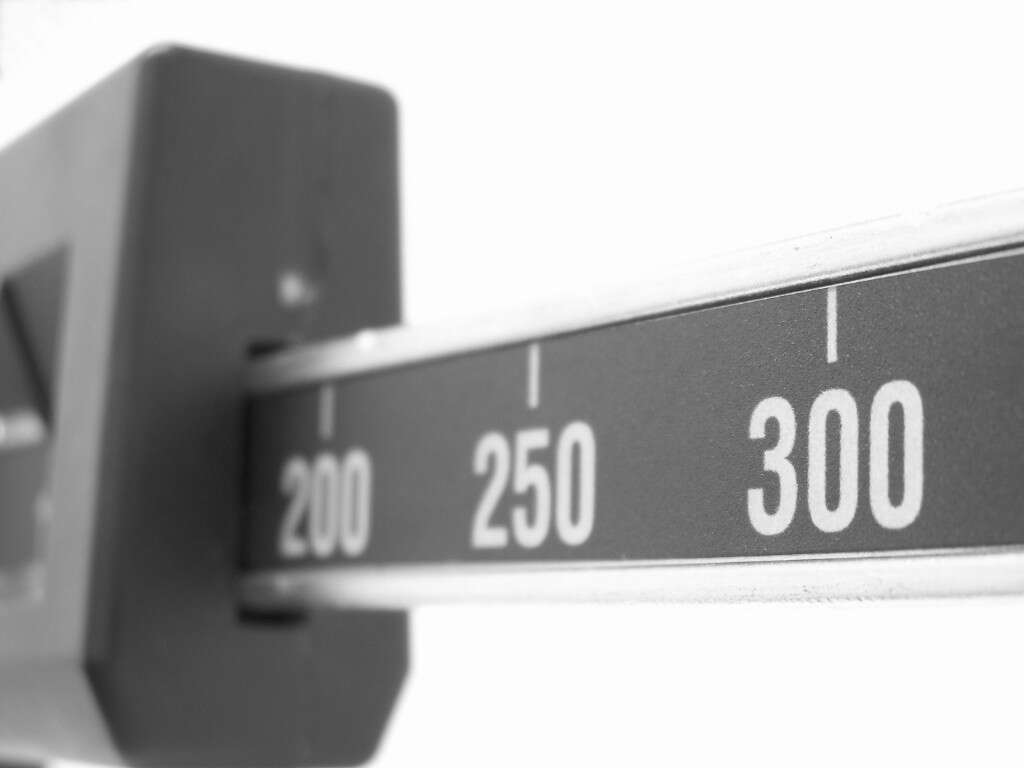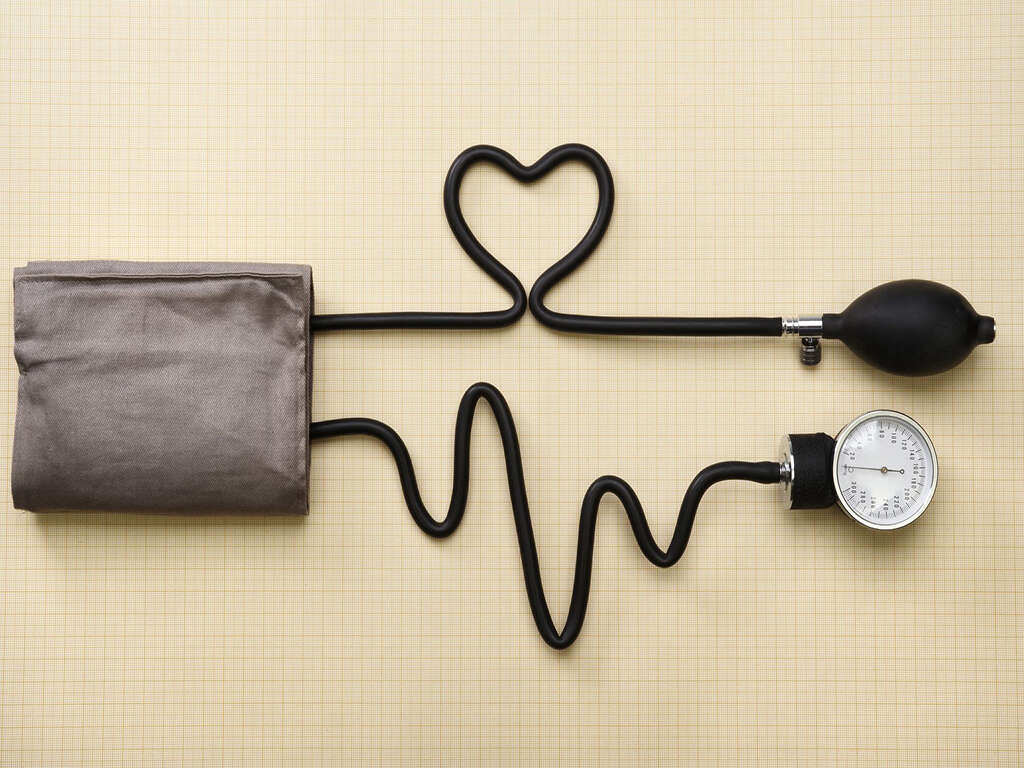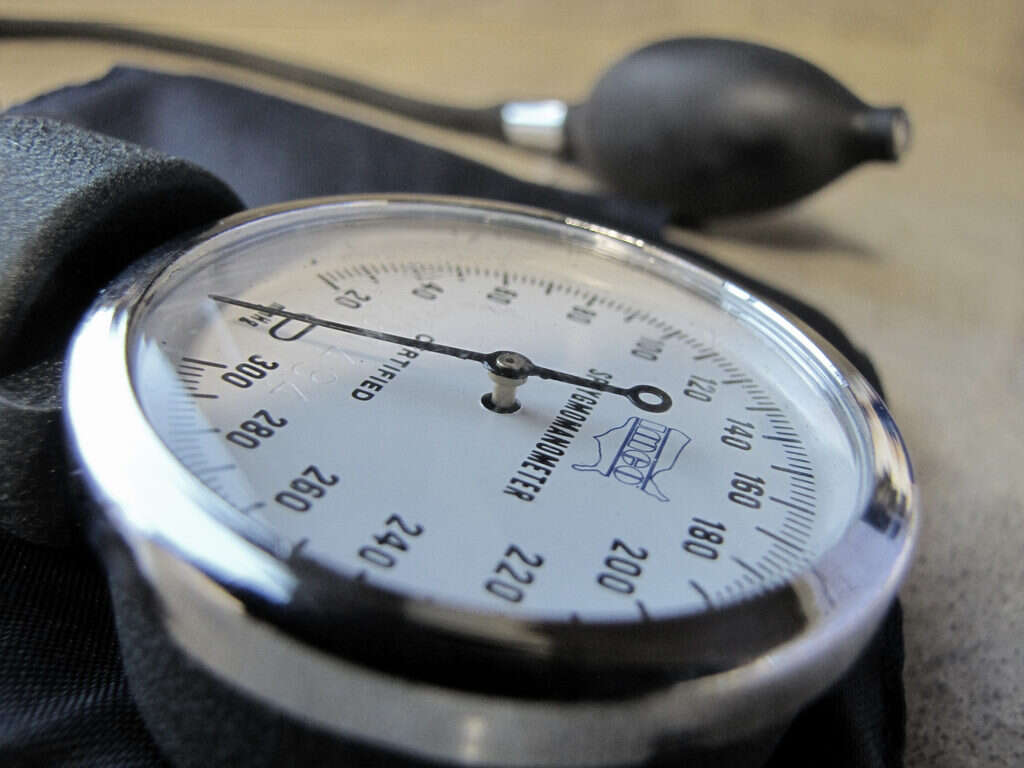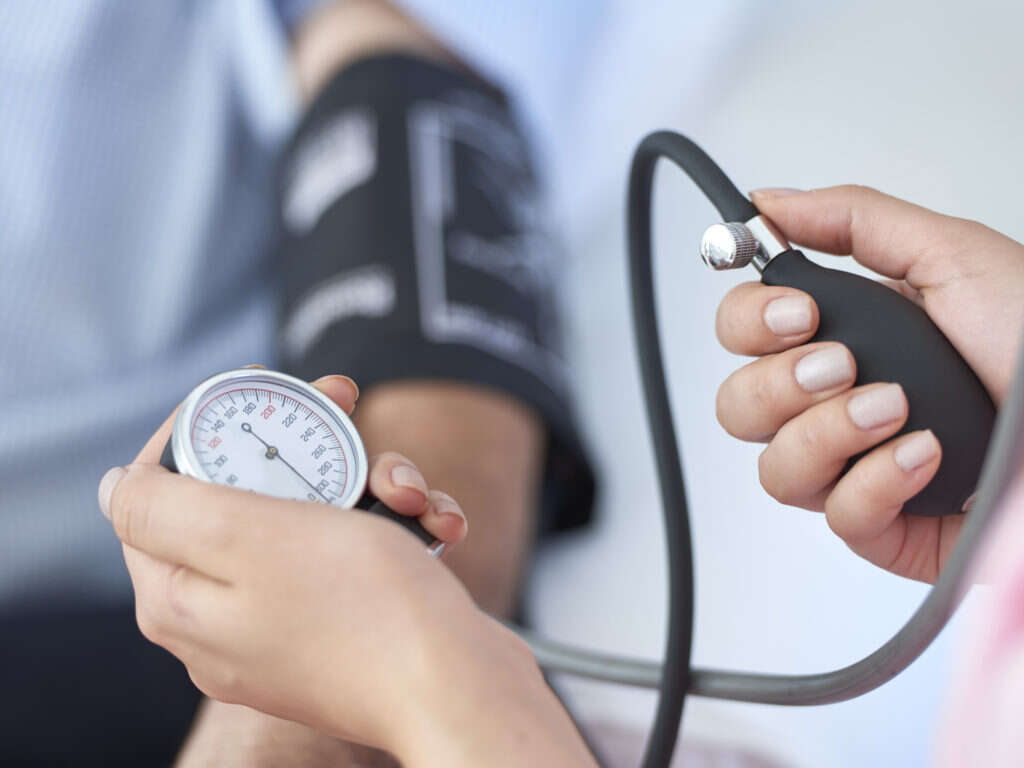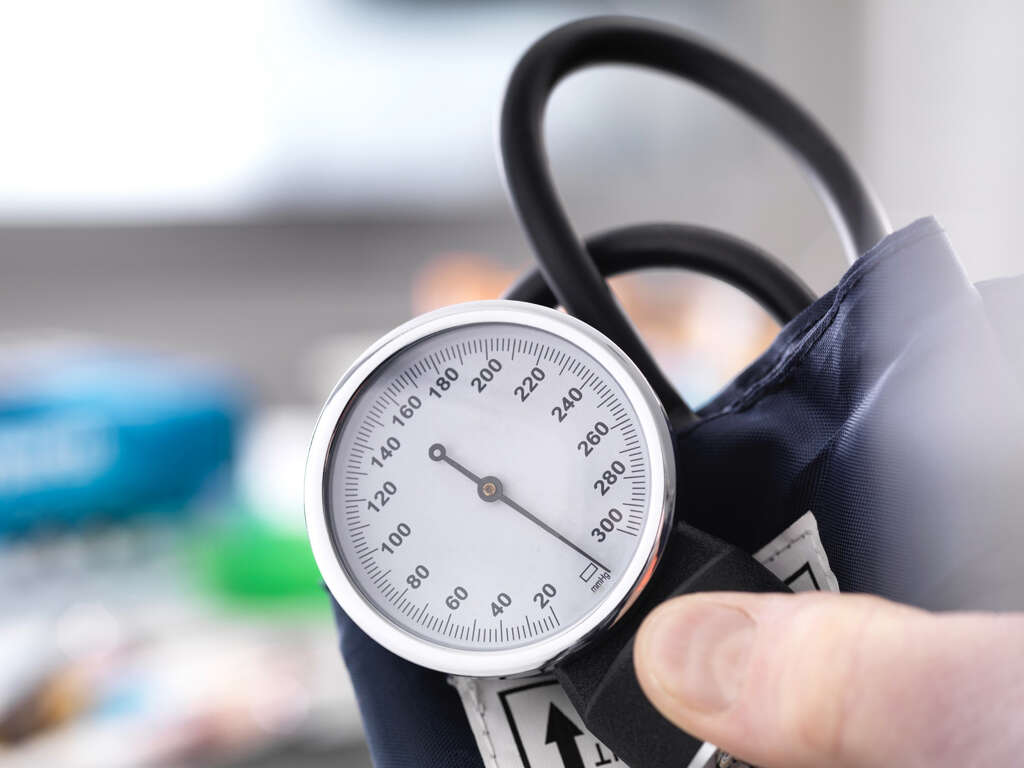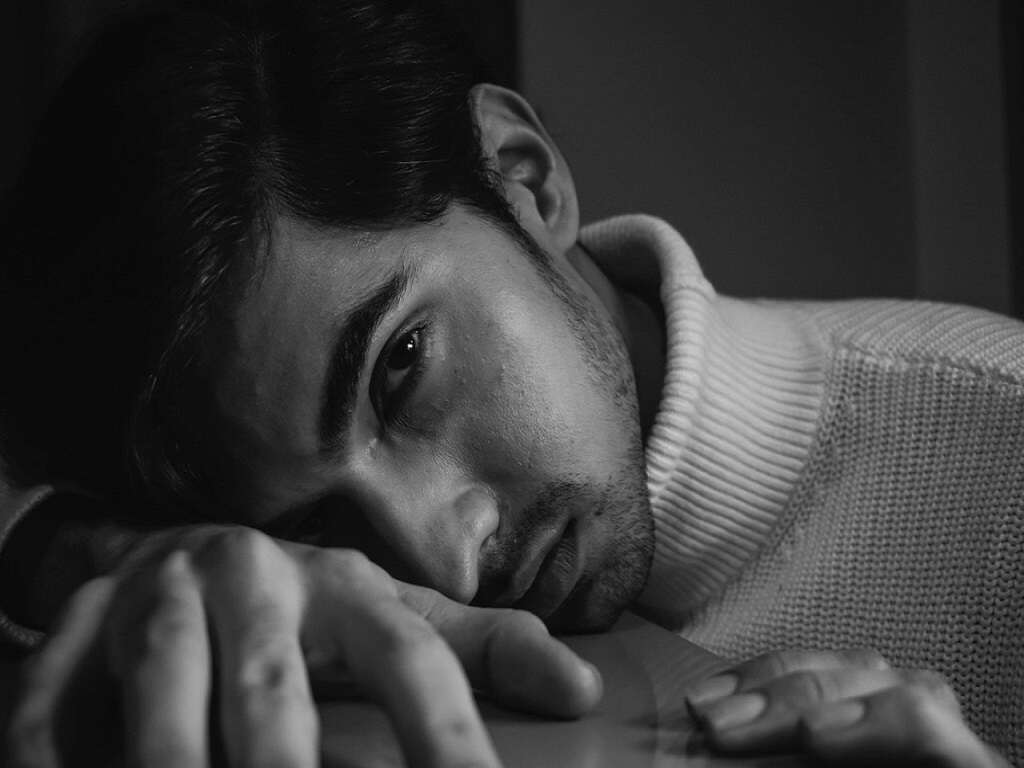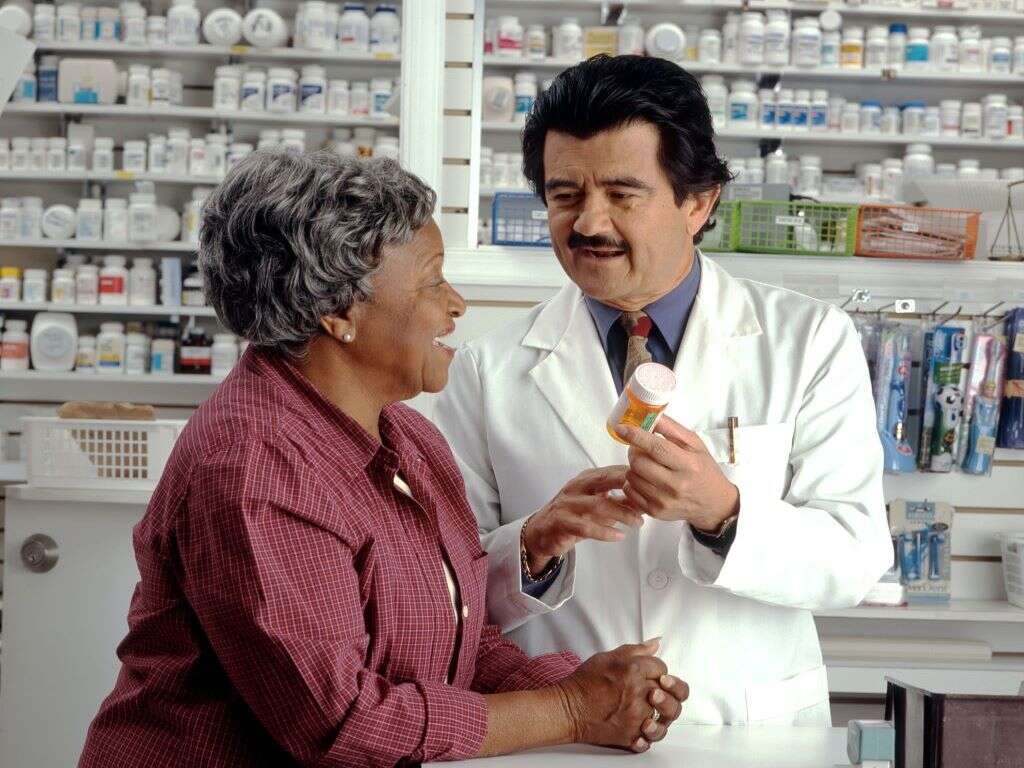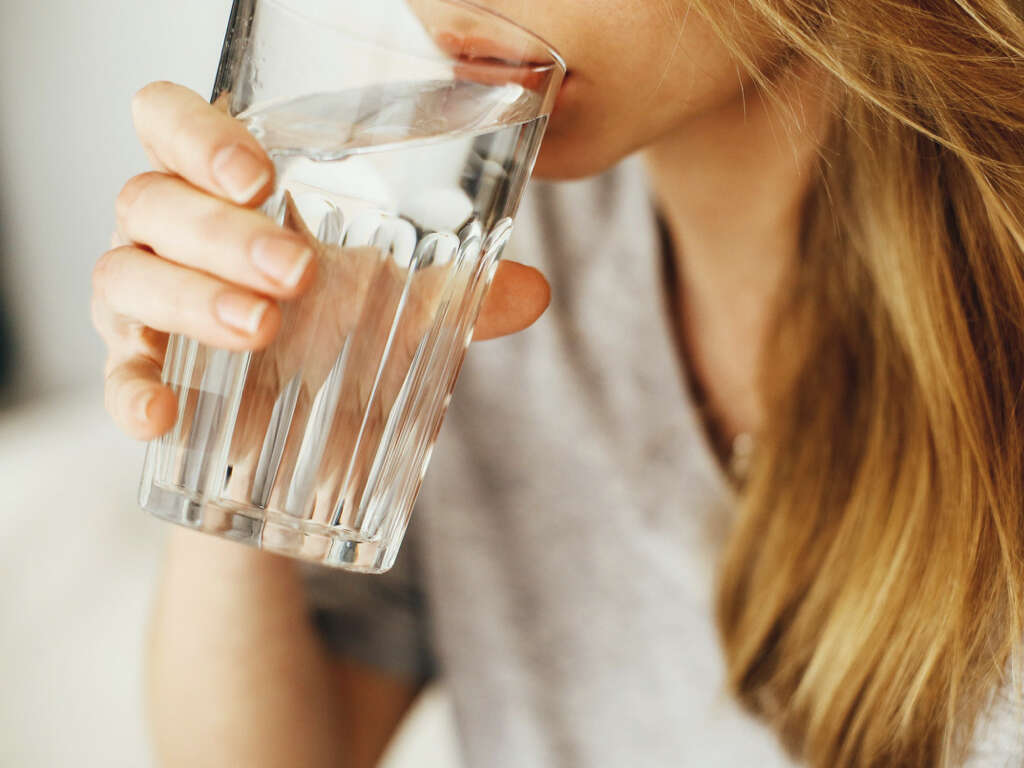10 Lower Blood Pressure Symptoms
 Article Sources
Article Sources
- 1. 'Clammy Skin.' Nicklaus Children's Hospital, www.nicklauschildrens.org/symptoms/clammy-skin
- 2. 'Self-help Tips to Fight Tiredness.' Nhs.uk, 3 Oct. 2018, www.nhs.uk/live-well/sleep-and-tiredness/self-help-tips-to-fight-fatigue
- 3. 'Dizziness - Symptoms and Causes.' Mayo Clinic, 15 Apr. 2020, www.mayoclinic.org/diseases-conditions/dizziness/symptoms-causes/syc-20371787
- 4. 'Water: How Much Should You Drink Every Day?' Mayo Clinic, 6 Sept. 2017, www.mayoclinic.org/healthy-lifestyle/nutrition-and-healthy-eating/in-depth/water/art-20044256
- 5. 'Orthostatic Hypotension.' NORD (National Organization for Rare Disorders), 20 July 2017, rarediseases.org/rare-diseases/orthostatic-hypotension
- 6. 'Depression Statistics.' Depression and Bipolar Support Alliance, 12 July 2019, www.dbsalliance.org/education/depression/statistics
Low blood pressure is a common health problem that may or may not be a sign of other problematic conditions. For most individuals, normal blood pressure usually falls around 120 over 80. When blood pressure drops below this range, it's considered hypotension, or low blood pressure.
Many people can manage low blood pressure by following a healthy diet and getting plenty of exercise. Older individuals or those with preexisting health conditions are more likely to develop low blood pressure. Here are some of the symptoms associated with low blood pressure.
Clammy Skin
The skin on the body and especially extremities, such as the hands, may become cold or clammy when blood pressure drops. This occurs due to the lack of oxygen circulation in the blood and to the peripheries. Clammy skin could also be a sign of anxiety, heat exhaustion or shock.1‘Clammy Skin.’ Nicklaus Children’s Hospital, www.nicklauschildrens.org/symptoms/clammy-skin
Having clammy skin may also be indicative of other health problems, such as diabetes, so it's important to speak about any persistent issues with a doctor. Contact emergency medical services if there is any discoloration to the skin or if chest pain occurs in conjunction with clammy skin.
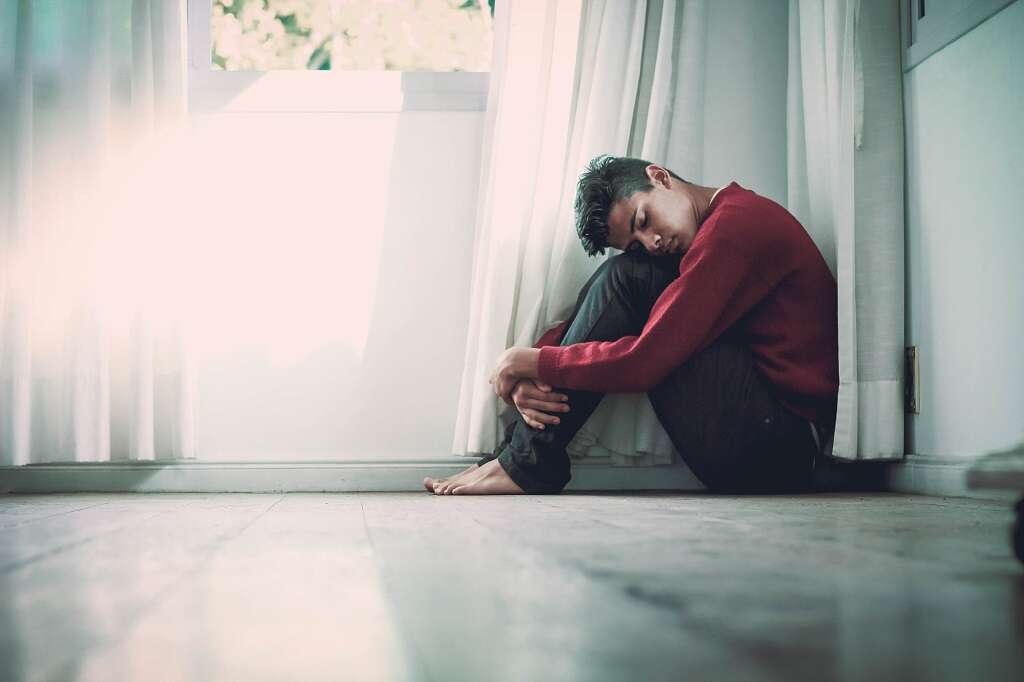
Nausea
Nausea creates a general unease in the stomach that may result in vomiting. People with low blood pressure may feel nauseous from time to time because essential blood flow to the stomach and intestines is slower than it should be.
Some people find relief from nausea by resting or by taking anti-nausea medication. If bouts of nausea worsen or last for an extended period, speak with a medical professional for guidance.
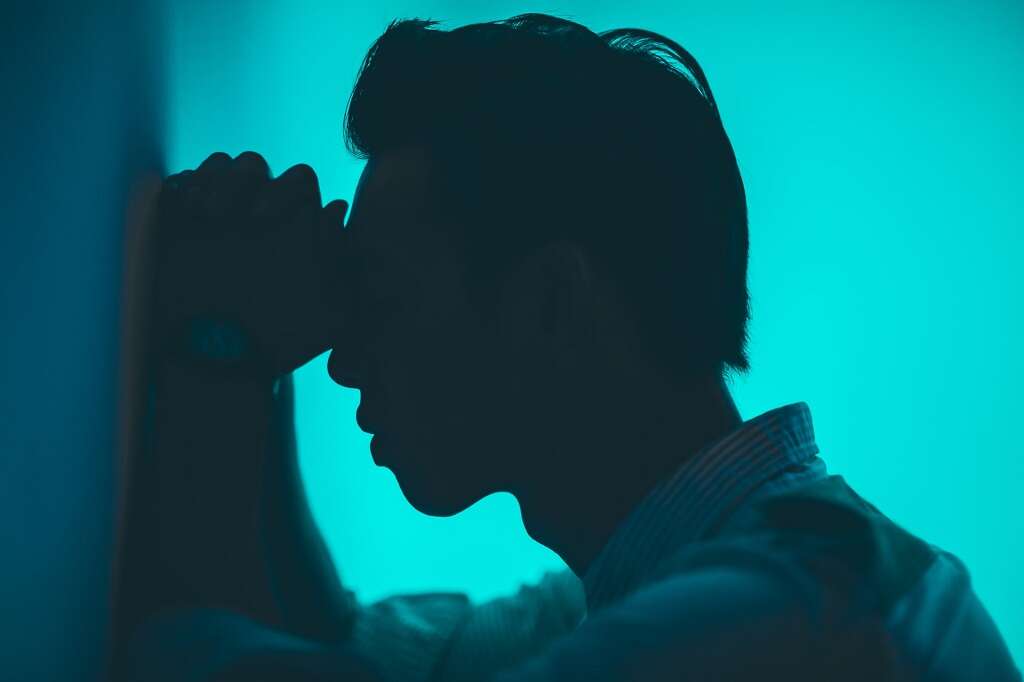
Fatigue
Individuals with low blood pressure may experience fatigue or a feeling of general tiredness or exhaustion. While fatigue is exasperated by low blood pressure, these two symptoms together may be caused by another medical condition, such as Addison's disease.2‘Self-help Tips to Fight Tiredness.’ Nhs.uk, 3 Oct. 2018, www.nhs.uk/live-well/sleep-and-tiredness/self-help-tips-to-fight-fatigue
Those who are overweight are at greater risk of experiencing fatigue. People can keep fatigue under control by staying active, eating healthy, well-balanced meals and reducing intake of caffeinated beverages. Cutting out alcohol consumption can also help reduce fatigue.

Dizziness
With lower blood pressure throughout the body, the flow of blood to the brain is less efficient, which can contribute to dizziness. For some, dizziness comes on after standing upright for too long. If a sudden decrease in blood pressure results in dizziness, it could be caused by orthostatic hypotension.3‘Dizziness - Symptoms and Causes.’ Mayo Clinic, 15 Apr. 2020, www.mayoclinic.org/diseases-conditions/dizziness/symptoms-causes/syc-20371787
Individuals who begin to feel dizzy should find a place to lay down until this symptom subsides. Vertigo could also be a sign of low blood sugar or problems with the inner ear.
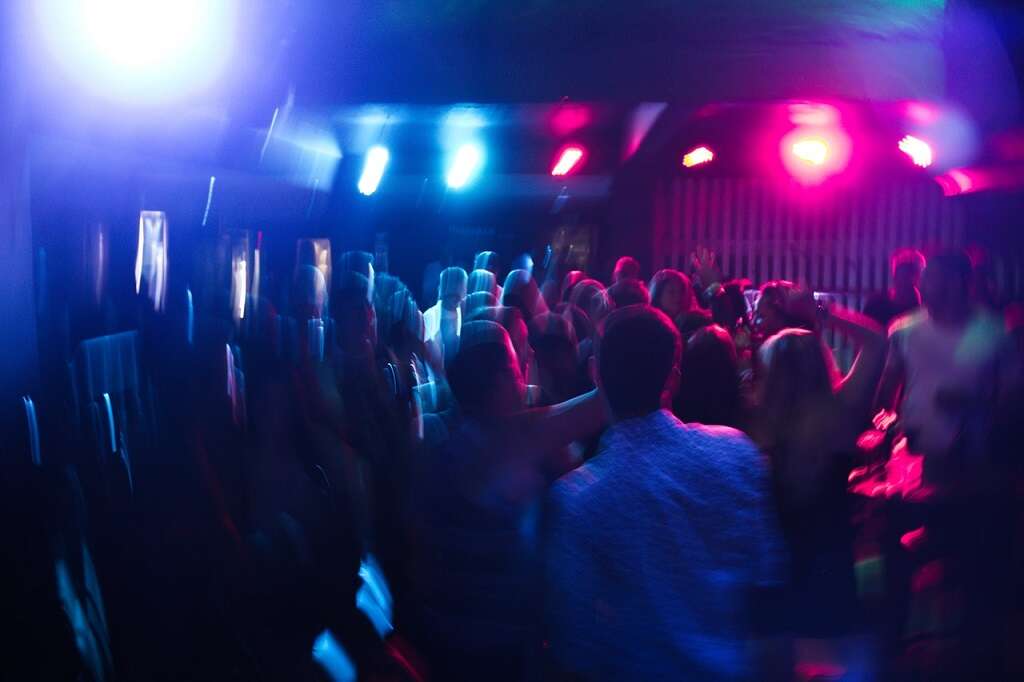
Dehydration
The body requires approximately 11 to 15 cups of water per day in order to function properly.4‘Water: How Much Should You Drink Every Day?’ Mayo Clinic, 6 Sept. 2017, www.mayoclinic.org/healthy-lifestyle/nutrition-and-healthy-eating/in-depth/water/art-20044256 When dehydrated individuals are admitted to the hospital with hypotension, medical professionals may administer IV fluids to help stabilize blood pressure.
People who are not hydrated may feel thirsty or confused, and severe dehydration can cause damage to the internal organs of the body. It's especially important to keep hydrated during the hotter months of the year, as sweating can lead to rapid fluid loss.

Fainting
People who experience a sudden drop in blood pressure can potentially faint. This occurs when oxygen struggles to reach the brain through the blood. It's not uncommon for people to faint after standing up too quickly.
Occasional fainting is normal, but this symptom can be dangerous for older individuals who risk becoming injured from falling. Most people who faint feel better after lying down for a short while. If fainting increases in frequency, individuals should speak with a doctor for support.

Difficulty Concentrating
Individuals experiencing a sudden drop in blood pressure, or orthostatic hypotension, may have issues with concentration.5‘Orthostatic Hypotension.’ NORD (National Organization for Rare Disorders), 20 July 2017, rarediseases.org/rare-diseases/orthostatic-hypotension Cognitive impairment from lower blood pressure can present itself in confusion or slurred speech. If blood pressure appears to drop after standing or sitting up too quickly, it may help to wear compression stockings designed to regulate blood pressure.
Doctors approach the management of hypotension in different ways, depending on the underlying cause. In some cases, increasing salt intake by drinking electrolytes can help manage lower blood pressure.

Blurry Vision
Lower blood pressure can cause some people to have blurry vision. Individuals with blurred vision may have a diminished field of view or have difficulty making out the details of their environment. Problems with vision may occur in people with hypotension shortly before fainting.
Laying down with the head slightly elevated can help restore vision and normalize blood pressure. If blurry vision persists, it could indicate a secondary health problem aside from hypotension, including high blood pressure, stroke or injury to the brain.
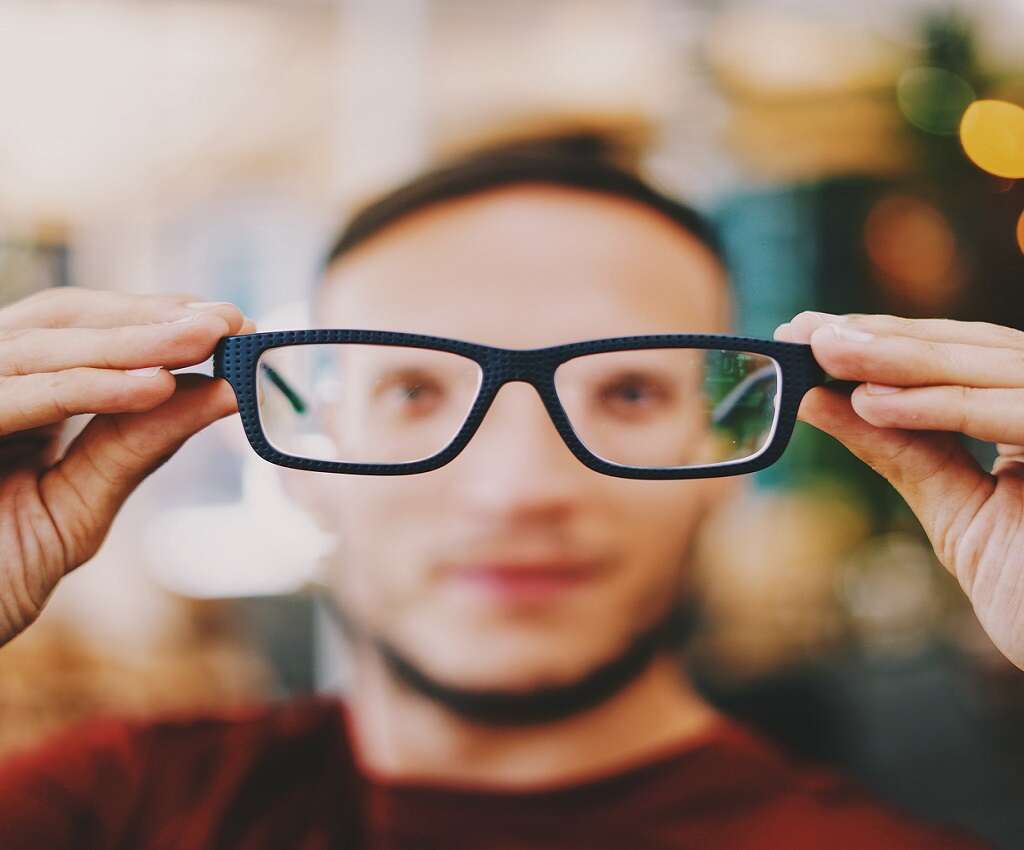
Breathing Problems
The body relies on consistent blood flow to carry oxygen and essential nutrients to various organs, including the lungs. Having lower blood pressure can make breathing more difficult, especially in overweight or elderly individuals.
For some, breathing issues associated with lower blood pressure are alleviated by avoiding vigorous activities or environments containing pollutants, smoke, chemicals or allergens. If breathing becomes labored, it may be necessary to seek emergency medical attention. Doctors may administer oxygen directly to stabilize breathing patterns.
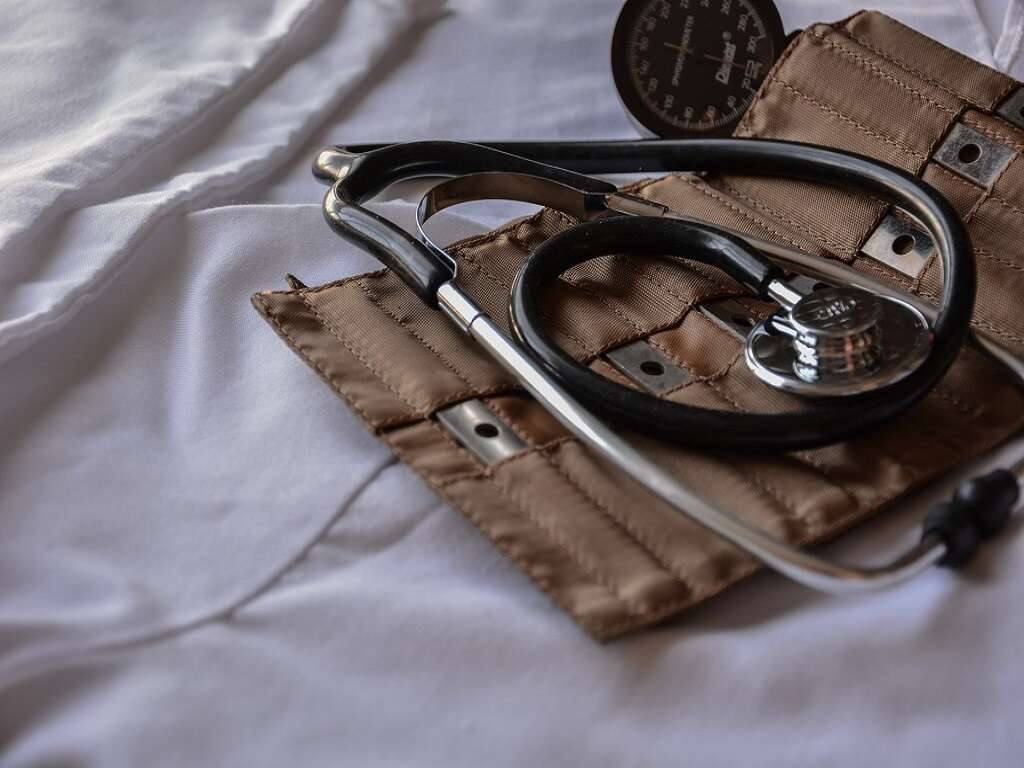
Depression
Some people with hypotension experience depression. It's estimated that just over 17 million Americans struggle with major depression. Individuals are at increased risk of developing depression symptoms if they've experienced a stroke or heart attack.6‘Depression Statistics.’ Depression and Bipolar Support Alliance, 12 July 2019, www.dbsalliance.org/education/depression/statistics
Doctors can prescribe antidepressants to help regulate the chemicals in the brain that are responsible for depression. However, exercise and eating properly are among the most effective methods of prevention. When depression becomes severe, individuals should reach out for help from a medical professional or a loved one.




